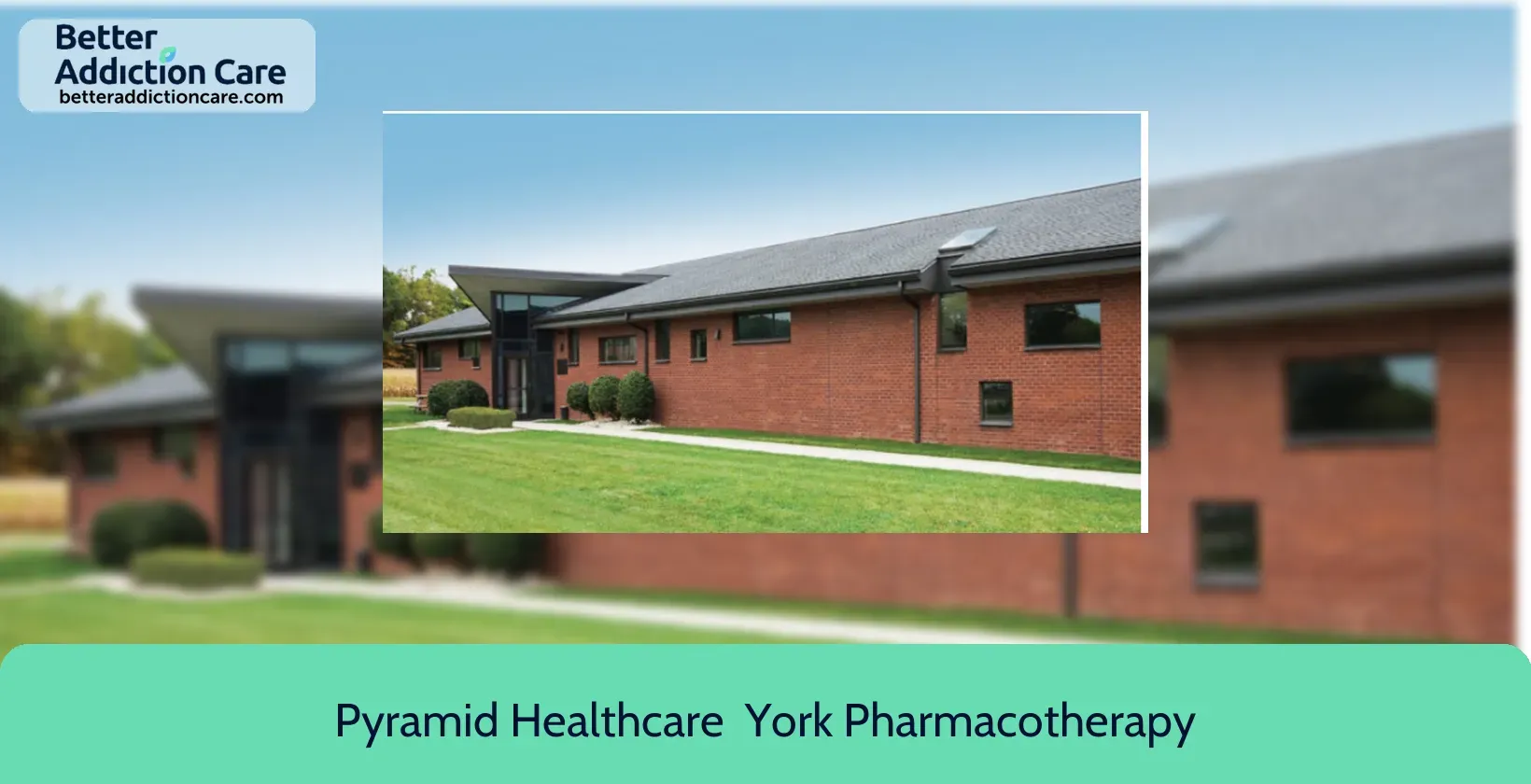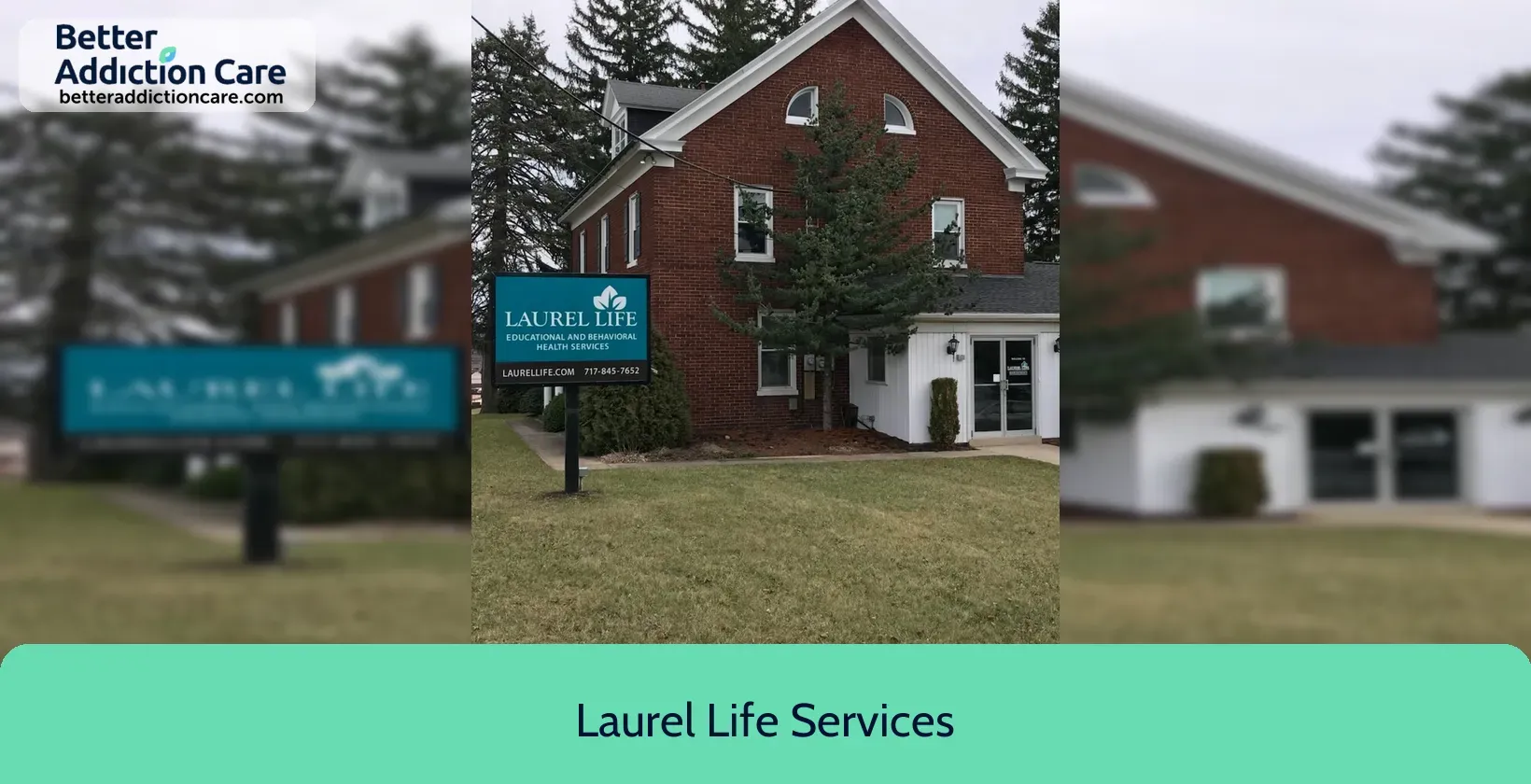Colonial House 1300 Woodberry Road

Overview
Colonial House 1300 Woodberry Road is a substance abuse treatment center for people seeking treatment near York County. As part of their treatment modalities for recovery, Colonial House 1300 Woodberry Road provides cognitive behavioral therapy, substance use disorder counseling, and trauma-related counseling during treatment. Colonial House 1300 Woodberry Road is located in York, Pennsylvania, accepting cash or self-payment for treatment.
Colonial House 1300 Woodberry Road at a Glance
Payment Options
- Cash or self-payment
- Medicaid
- Federal, or any government funding for substance use treatment programs
Assessments
- Screening for tobacco use
- Comprehensive mental health assessment
- Comprehensive substance use assessment
- Screening for mental disorders
- Screening for substance use
Age Groups
- Young adults
- Adults
- Seniors
Ancillary Services
- Case management service
- Integrated primary care services
- Early intervention for HIV
- Social skills development
- Transportation assistance
Highlights About Colonial House 1300 Woodberry Road
7.10/10
With an overall rating of 7.10/10, this facility has following balanced range of services. Alcohol Rehabilitation: 8.00/10, Drug Rehab and Detox: 6.92/10, Insurance and Payments: 6.00/10, Treatment Options: 7.46/10.-
Alcohol Rehabilitation 8.00
-
Treatment Options 7.46
-
Drug Rehab and Detox 6.92
-
Insurance and Payments 6.00
Accreditations
SAMHSA certification for opioid treatment program (OTP):
Accreditation by the Substance Abuse and Mental Health Services Administration (SAMHSA) for Opioid Treatment Programs (OTPs) signifies that a program has met strict standards for providing high-quality care to individuals with opioid use disorders. It assures patients, families, and communities that the OTP follows evidence-based practices, employs qualified staff and maintains a safe and effective treatment environment. This accreditation reflects the program's commitment to addressing the opioid epidemic and promoting recovery.
State department of health:

Government agencies issue State Licenses, which grant rehabilitation organizations permission to conduct their operations lawfully within specific geographic regions. Licenses needed to operate are typically determined by the type of rehabilitation program offered by the facility and its physical location.
Treatment At Colonial House 1300 Woodberry Road
Treatment Conditions
- Alcoholism
- Substance use treatment
Care Levels
- Hospital inpatient treatment
- Short-term residential
- Long-term residential
- Aftercare
Treatment Modalities
- Cognitive behavioral therapy
- Substance use disorder counseling
- Trauma-related counseling
- Smoking/vaping/tobacco cessation counseling
- Group counseling
Ancillary Services
Additional Services
- Pharmacotherapies administered during treatment
- Housing services
- Breathalyzer or blood alcohol testing
Special Programs
- Criminal justice (other than DUI/DWI)/Forensic clients
- Clients with HIV or AIDS
- Clients who have experienced trauma
Get Help Now
Common Questions About Colonial House 1300 Woodberry Road
Contact Information
Other Facilities in York

7.10

6.86

6.62

6.68

6.74

7.00

7.14

6.59
DISCLAIMER: The facility name, logo and brand are the property and registered trademarks of Laurel Life Services, and are being used for identification and informational purposes only. Use of these names, logos and brands shall not imply endorsement. BetterAddictionCare.com is not affiliated with or sponsored by Laurel Life Services.
